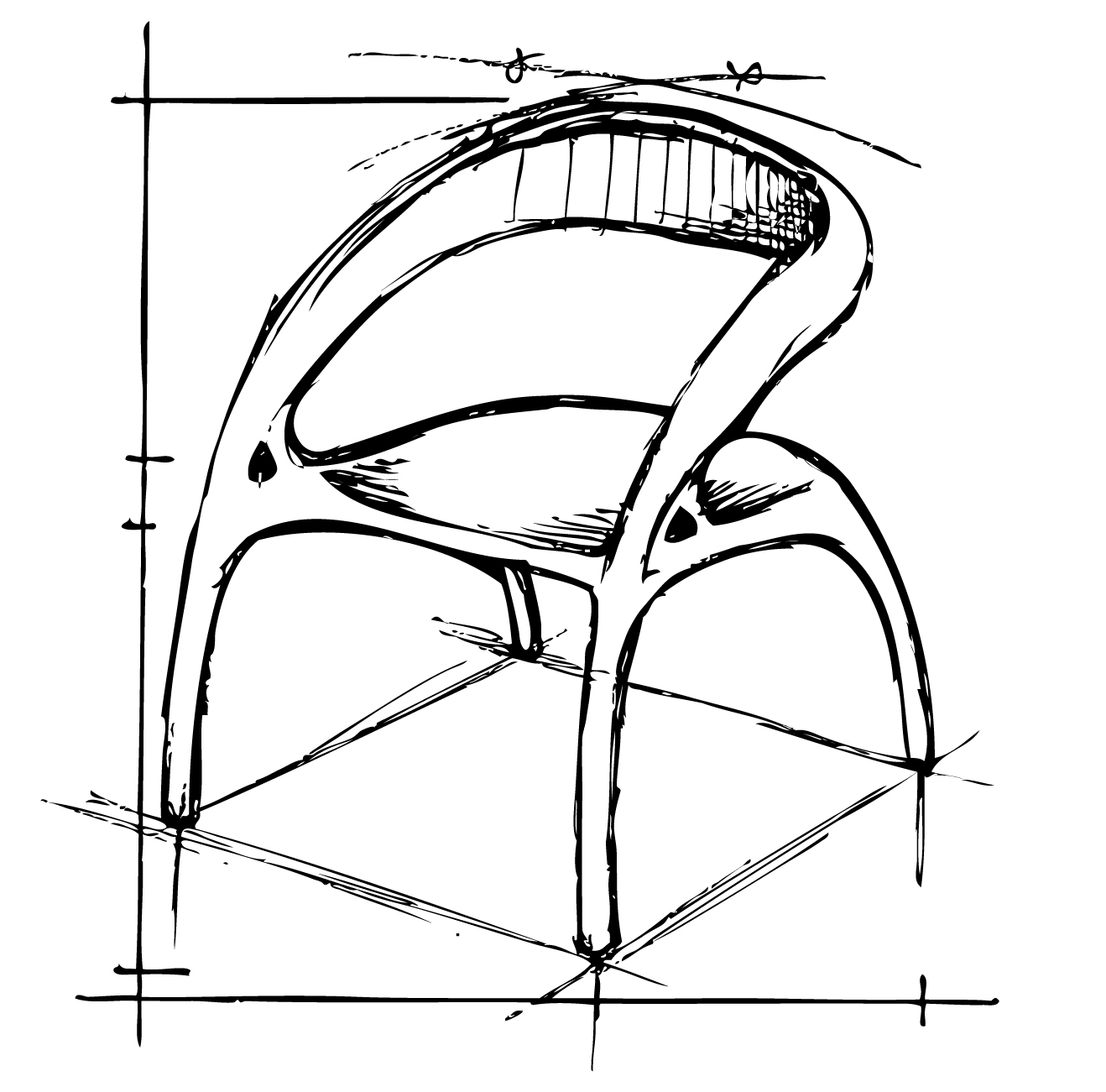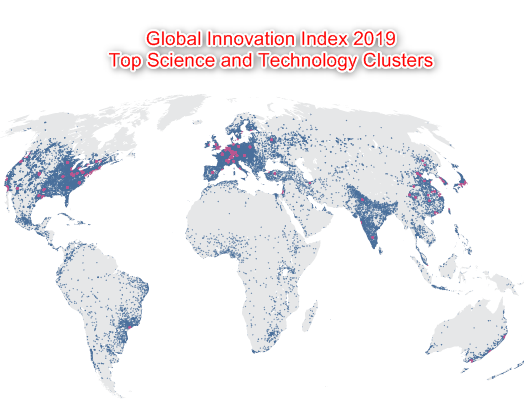
Learning From History: Japan’s Economy Transforms Through Technical Translation Project
One of the most difficult aspects of translating highly technical documents is finding the proper words in a foreign language that accurately convey technical terms, especially those that describe inventive new aspects of a technology. This issue was underscored by a recent study published by the Center for Economic Policy Research (CEPR), which looked at the role that government-sponsored translation projects had in producing tremendous advances in technical literacy in Japan during the late 19th century.
Japan’s Economic Boom Tied to Improved Ability to Accurately Translate Technical Texts
While many non-English speaking countries have had difficulties transforming themselves into high-income economies, Japan rapidly turned into a major manufacturing exporter over a period of 15 years ending just before the turn of the 20th century. During this time, Japan quickly converted from an agrarian economy focused on exporting raw commodities into a manufacturing economy producing textiles like cotton as a major export.
The authors of the CEPR study note that the massive change in Japan’s economy most strongly correlates with an organized effort to improve the translation of technical knowledge into the Japanese language. Historically an isolated island nation, Japan was forced under international pressures that grew during the 19th century to open trade to Western nations, some of which threatened military action to open Japan to do so. These efforts to compel trade pushed Japan to develop policies supporting a new age of technological literacy for national security purposes.
Japan’s 19th century technological literacy campaign involved several public programs, including:
- Coin New Words for Technical Translations: In many cases, the Japanese language lacked the proper words necessary to translate technical terms from European tongues. Along with translations of technical texts, the Japanese government directed a major public project to coin new words in their language to facilitate the transfer of new technologies.
- Compulsory, Subsidized Education: During this period of history, government officials in Japan mandated that every citizen complete primary education. Japan also provided subsidies for higher education. This push to improve literacy among the country’s entire populace resulted in a greater knowledge base able to take advantage of the new lexicon of technical terms in the Japanese language.
Japan was able to achieve this massive technical literacy project by implementing new taxes, especially the creation of a new land tax that was very lucrative. Today, obtaining the most accurate translations of patents and technical manuals is much more cost-effective utilizing the technological solutions offered by Seprotec. Our translation services are powered by many tools providing the highest industry standard in accuracy, including:
- Translation Memories: Clients using our translation services over time benefit from translation memories, which store translated content to save costs when converting other related documents into foreign languages.
- Termbases: Our customers are also able to build terminology databases, establishing a consistent style to be used over the course of translating many technical documents.
- Comprehensive Translation Solutions: At Seprotec, we offer a broad range of translation services, from 100% human translations by specialists in technical fields to solutions that incorporate machine translation technologies. These services are always post-edited and/or reviewed by a professional translator, depending on the level of service requested by the client. We can advise you on the best option based on the content to be translated and its purpose, ensuring the final text meets the highest quality standards.
Here at Seprotec, we’re well aware of the fact that the most accurate translations of patent filings or technical manuals encourage the swift transfer of knowledge. For 19th century Japan and modern international corporations alike, this is a matter of supreme economic importance. Time wasted producing texts that incorrectly convey important engineering details slows knowledge transfer across an organization, giving rivals the opportunity to stake a stronger claim in the marketplace.
Technological solutions exist to help innovative companies take quick advantage of opportunities in foreign markets. Seprotec provides highly accurate technical documents in more than 220 languages. We’re ready to help you take the next steps towards commercial success anywhere across the globe.












